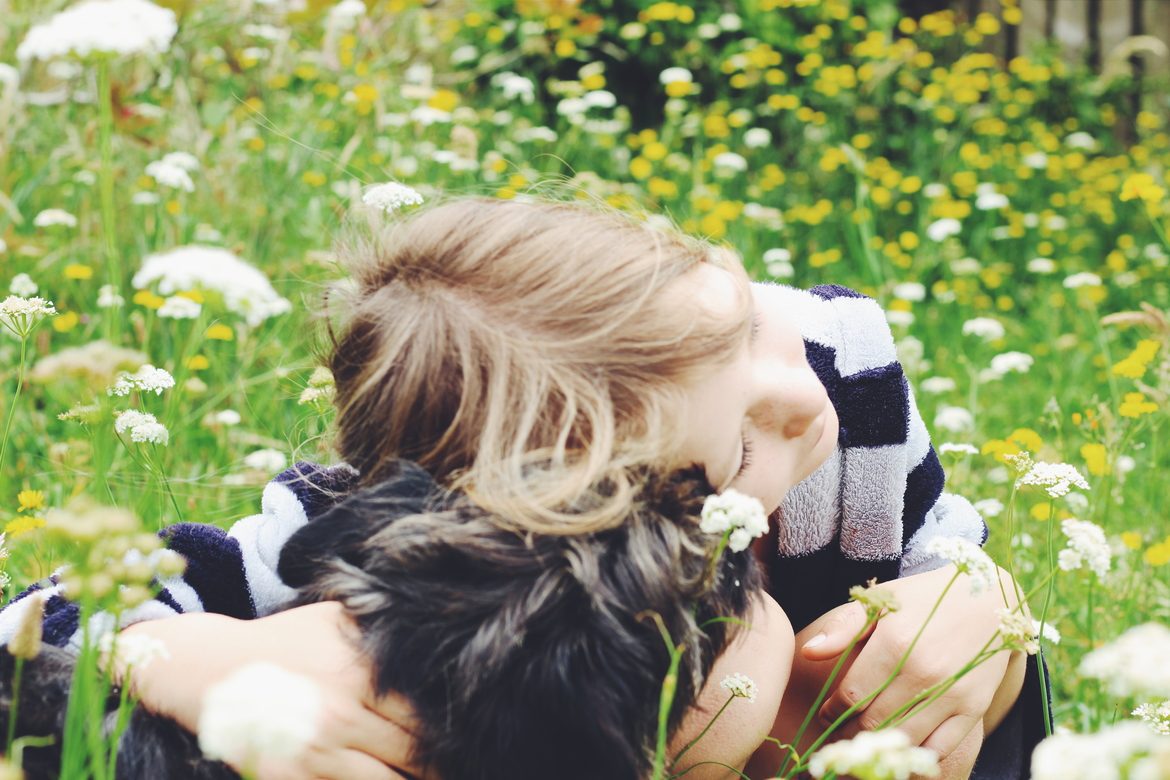By Adrienne Wood
“Lachlan, come along. We’re going to be late for the football match! You’ll need to grab your gear and come now.“
Lachlan looked up darkly at his mother from under his duvet without moving.
“What’s up?” she smiled playfully picking up the family cat, Millie, off his bed. “Cat got your tongue?”
“Leave me alone!” he retorted angrily. “I’m too tired to play soccer today.”
Caroline glanced at the clock – only 20 minutes til warm up time. She felt her adrenals surge.
“Come on Lachlan!” cried his mother. “This is important!! We‘ll be late. We’re supposed to be supplying oranges at half time today and coach will be mad if we don’t turn up!”
Lachlan slowly pushed back the cover all the while glowering darkly. Muttering something unintelligible under his breath, he began to pull his soccer gear out of the cupboard.
“What was that Lachlan?” Caroline asked sharply, but when he didn’t respond she fumed away in frustration. What had gotten into that boy today? She wondered. Glaciers moved faster. It was as if there were some sort of invisible magnetic force repelling all her efforts to help him hurry along to the game today.
Looking absently at his soccer trophies on the mantelpiece as she hurriedly sliced up the oranges, she wondered what on earth he was acting so cold today for. He usually loved the games. Often it was him hurrying her along and helping out with chores to make sure they got there in time. I might just pop my head in again and see where he’s up to, she thought, glancing one more time up at the clock.
“Lachlan?” she called, peering around the bedroom door.
There he was, standing in front of the mirror, soccer boots on, still wearing the shorts and T Shirt he went to bed in. He had an odd expression on his face.
“Lachlan? What’s happening?”
Swirling around towards her suddenly, he slammed the wardrobe door shut, so hard it shattered the mirror.
“I told you Mum!!!” he yelled. “I’m not coming today!”
Swirling around towards her suddenly, he slammed the wardrobe door shut, so hard it shattered the mirror. “I told you Mum!!!” he yelled. “I’m not coming today!”
What’s happening here?
In the story above, Lachlan has experienced a huge disappointment that he hasn’t told his mother about. Because he couldn’t find a safe place to find his tears about it, his frustration mounted and exploded in an aggressive outburst.
About tears
Tears serve a vital function in child development. Tears release the pent-up emotion within us from life’s many wounds and hurts. Crying has been found to release stress hormones from our bodies as well as built up toxins. Those who cry often have been found to hold better physical and mental health than those who do not.
Children often cry more frequently after stressful life events. However, those children who are “good” and hide their feelings in stressful separations and crises, have been found to have negative symptoms emerge later such as eating and sleeping difficulties.1
So what’s the point of tears anyway?
Tears are vital for keeping our hearts soft. When we suppress or avoid tears, our heart must take an alternative approach to the wounding, and defend itself by putting emotional barriers up. This stops us from feeling the pain of the hurt, but unfortunately creates other problems instead.
Aggression is one problem that emerges from failing to find one’s tears. In the story above, Lachlan didn’t manage to find his tears about the disappointment of not getting into the rep soccer team. Instead of feeling the pain of that disappointment, he pushed down this emotion by putting up a defensive emotional barrier and pretending he didn’t care. Unfortunately, this pent up emotion gathered momentum and came out, unexpectedly, in a large explosion just before his next soccer game.
What’s the problem with avoiding tears?
Sometimes children hide their emotions when it doesn’t feel safe to let them out. This can be because we, the adults, are afraid of their tears. We try to distract them with food, smiles, screens or worse, we may scold them to stop crying with comments such as, “If you don’t stop crying, I’ll give you a reason to cry”. The tears inevitably dry up, but at what cost? The underlying wound that triggered their strong emotions doesn’t go away even if the child acts as though it has.
Child developmentalist, Deborah MacNamara, calls the combination of repressed emotions and heightened alarm in a child’s life, “a perfect recipe for depression”.2
What we don’t understand, when we try to avoid a child’s tears, is the importance of the release that tears bring. We worry that tears are a sign our child is hurt and we want to stop their sadness. However, tears actually serve a healing function.
Aletha Solter of the Aware Parenting Institute states, “When children cry the hurt has already happened. Crying is not the hurt, but the process of being unhurt.”3











